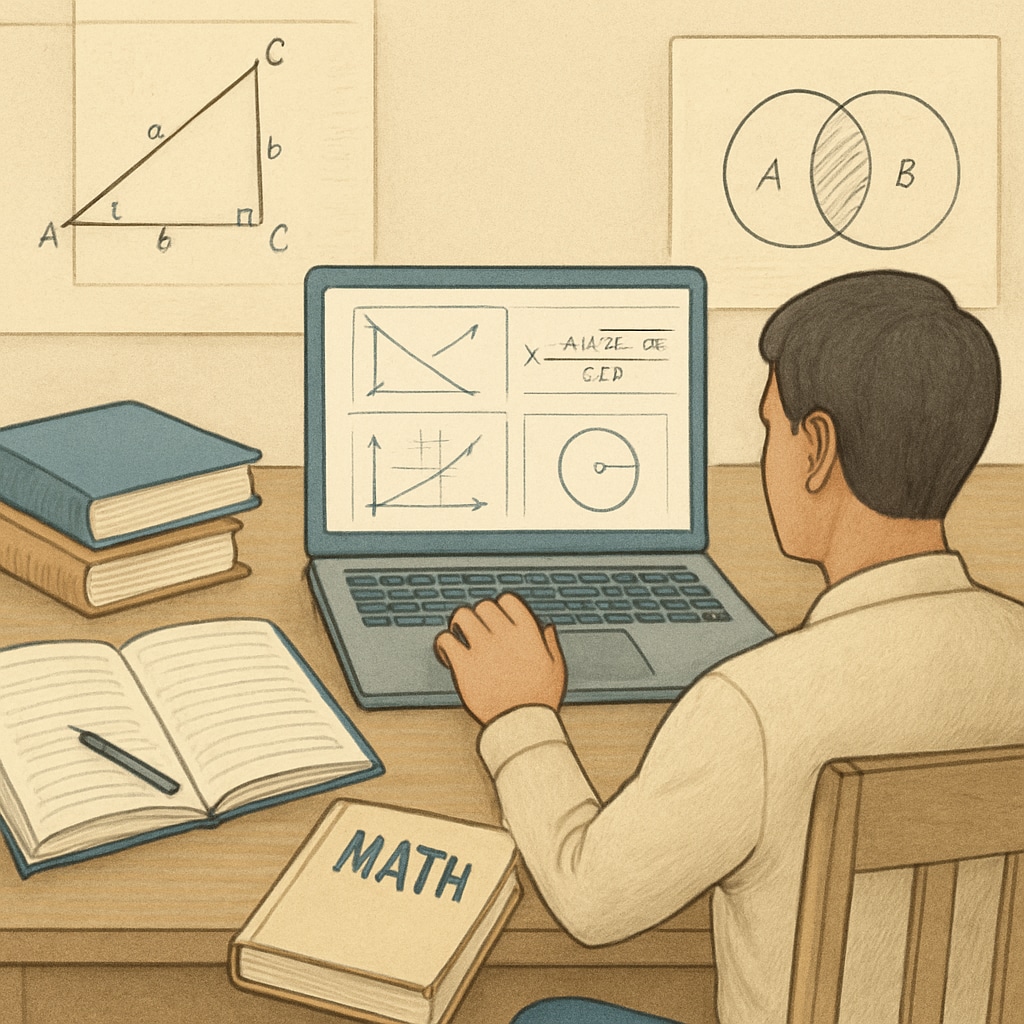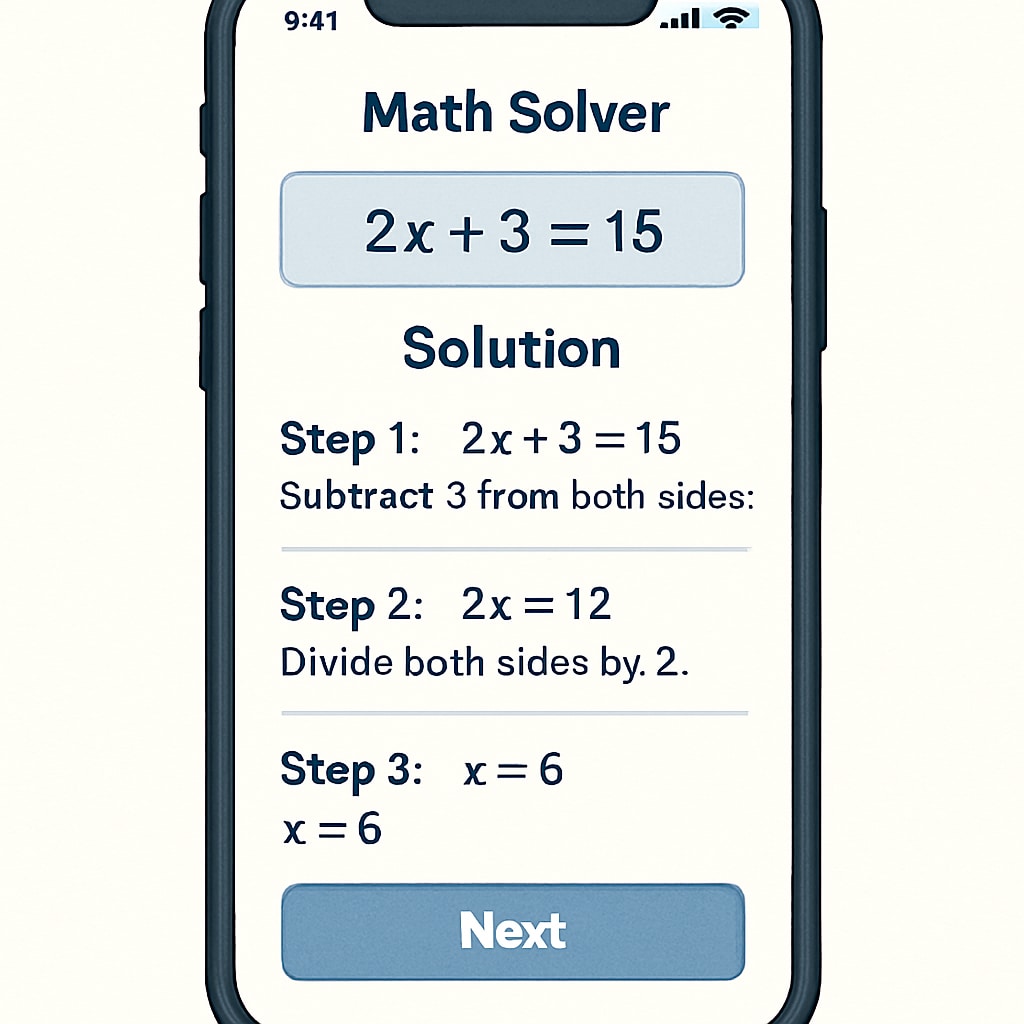For adults considering a return to school, finding the right learning resources for math and science can be both a challenge and an opportunity. After years away from formal education, it’s natural to feel a mix of excitement and apprehension about tackling subjects like algebra, physics, or chemistry. However, with the right tools and strategies, mastering these disciplines can be an achievable and even enjoyable goal. This guide offers a comprehensive overview of resources tailored to adult learners, with a special focus on visual learning aids, online platforms, and supportive communities.
Understanding the Challenges of Adult Learners
Returning to education as an adult often comes with unique hurdles. Many learners struggle with self-doubt or fear they’ve “lost the knack” for subjects like math and science. In addition, juggling family, work, and academic responsibilities can make the process feel overwhelming. To overcome these challenges, it’s crucial to start with a clear plan and reliable resources that cater to your needs.
For example, visual learners may benefit from tools such as interactive simulations, video tutorials, and infographics that break down complex concepts. Meanwhile, those who prefer hands-on approaches might explore experiment kits or practical problem-solving exercises. The following sections provide a curated list of resources to suit a variety of learning preferences and schedules.
Top Online Platforms for Math and Science Learning
Online platforms have revolutionized adult education, offering accessible and flexible options for learners of all levels. Here are some of the most effective websites and tools:
- Khan Academy: Known for its user-friendly interface, Khan Academy provides free courses in math, science, and more. Their video lessons are particularly helpful for breaking down complex topics into manageable steps.
- Coursera: This platform partners with universities to offer high-quality courses, including beginner to advanced options in math and science. Many courses are free to audit.
- PhET Interactive Simulations: Developed by the University of Colorado, this resource offers engaging, interactive tools for learning concepts in physics, chemistry, and biology.
- Wolfram Alpha: Ideal for solving math problems, Wolfram Alpha is a computational engine that explains solutions step by step.

Mobile Apps for On-the-Go Learning
For busy adults, mobile apps offer the convenience of learning wherever and whenever time allows. These apps are perfect for reinforcing what you’ve learned or for quick practice sessions:
- Photomath: Snap a picture of a math problem, and this app will provide a detailed solution. Great for brushing up on basic arithmetic and algebra.
- Brilliant: Focused on interactive problem-solving, Brilliant covers topics in math, science, and logic to help you think critically.
- Duolingo Math: Designed for bite-sized math practice, this app gamifies learning to keep it engaging.
- Periodic Table: This app is perfect for reviewing chemical elements and their properties, with interactive features that make learning more dynamic.

Community Support and Peer Learning
One of the most effective ways to stay motivated is by connecting with others who share your goals. Peer learning and community support can provide encouragement, accountability, and opportunities to discuss difficult concepts. Consider these options:
- Study Groups: Joining or forming a study group, either online or in person, allows you to collaborate with peers, share resources, and gain new perspectives.
- Reddit Communities: Subreddits like r/learnmath and r/Physics are great for asking questions and finding resources tailored to both beginners and advanced learners.
- Local Libraries: Many libraries host free workshops or provide access to tutoring services, textbooks, and other study aids.
- Facebook Groups: Search for groups focused on adult education or STEM subjects, where members often share valuable tips and resources.
Physical Resources for Hands-On Practice
While digital tools are incredibly useful, physical resources can provide a tactile way to engage with math and science concepts. Here are some recommendations:
- Math Workbooks: Books like “The Humongous Book of Algebra Problems” provide step-by-step instructions and plenty of practice problems.
- Science Experiment Kits: Kits designed for adults, such as those from Thames & Kosmos, allow you to conduct real experiments and deepen your understanding of scientific principles.
- Graphing Calculators: Tools like the TI-84 Plus are essential for higher-level math and science courses.
Combining physical and digital resources often results in the most comprehensive learning experience, as it engages multiple senses and allows for a variety of study methods.
Final Thoughts: Building Confidence and Staying Motivated
Returning to education as an adult is a bold and commendable step. By leveraging the right learning resources for math and science, you can overcome initial fears, build confidence, and achieve your academic goals. Remember to start small, set realistic milestones, and celebrate your progress along the way. Whether you’re using apps, online platforms, or hands-on tools, the key is consistency and a mindset of curiosity.
With so many resources available, the journey back to school doesn’t have to feel daunting. Instead, it can be an exciting opportunity to rediscover your potential and develop skills that will serve you well in both your academic and professional life.


